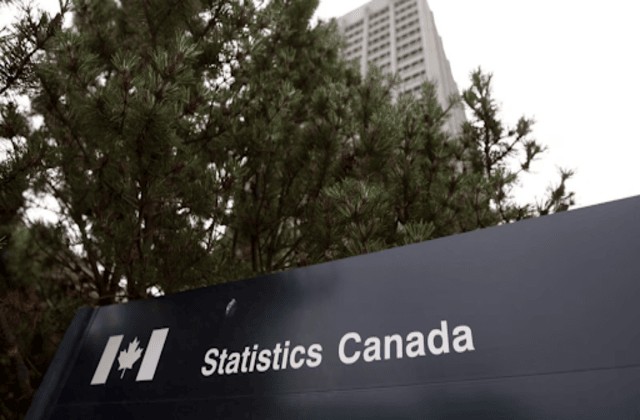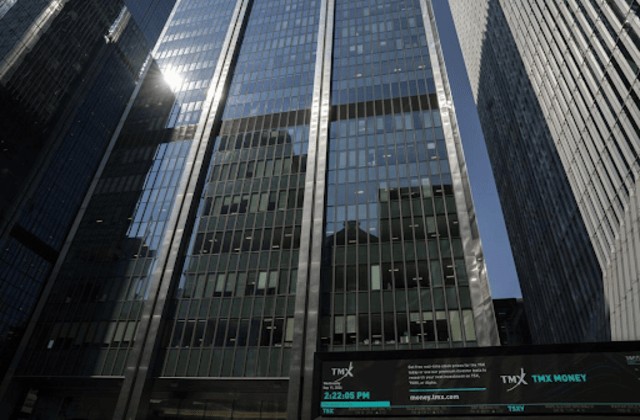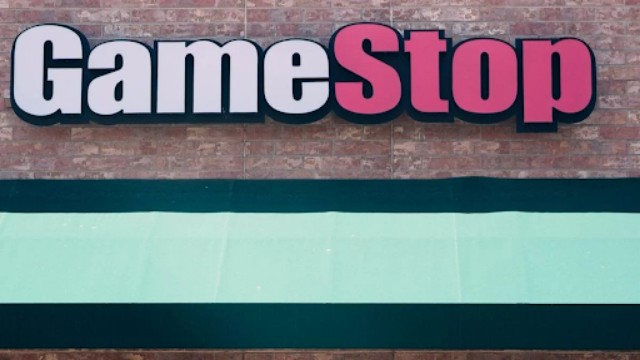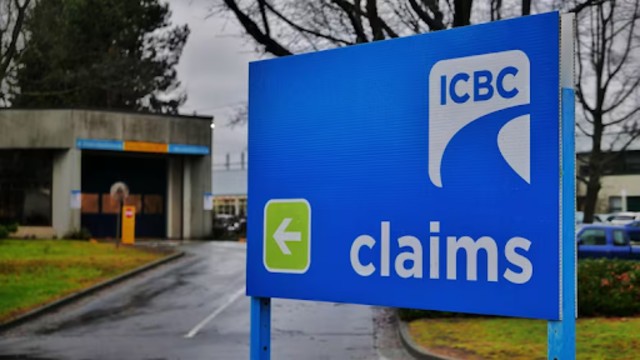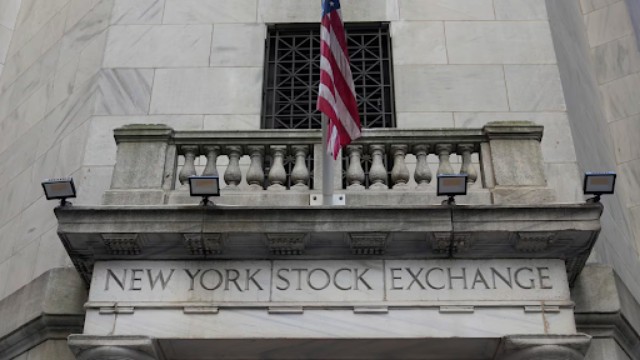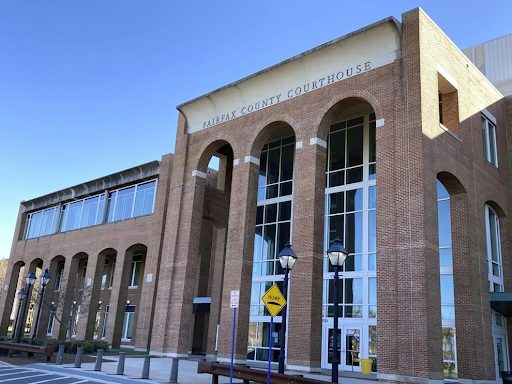
The Fairfax County, Va., Courthouse, is seen, Tuesday, March 7, 2023. A trial is underway in Virginia that will determine whether state law allows frozen embryos to be considered property that can be divided up and assigned a monetary value. Fairfax County Circuit Court Judge Dontae Bugg heard arguments Thursday, May 9, 2024, from a divorced couple who disagree over the ex-wife's desire to use two embryos that they created when they were married.
A courtroom drama unfolded in Fairfax, Virginia, as a judge presided over a pivotal trial that could shape the legal landscape surrounding frozen embryos. The heart of the matter: whether these embryos are to be treated as property subject to division and valuation under state law.
The proceedings before Fairfax County Circuit Court Judge Dontae Bugg centered on a divorced couple at odds over the fate of two embryos conceived during their marriage. Honeyhline Heidemann, citing her infertility post-cancer treatment, sees these embryos as her last hope for a biological child. On the other side, Jason Heidemann vehemently opposes being compelled into fatherhood again.
This case gained nationwide attention when a previous judge, Richard Gardiner, weighed in, asserting that embryos could be classified as "goods or chattel" eligible for division, drawing on a centuries-old law concerning the treatment of slaves. Notably, Gardiner is no longer involved in the case, though his reference to slavery stirred controversy.
Coinciding with this legal battle, concerns have surfaced among reproductive rights activists following a recent ruling by the Alabama Supreme Court, which elevated embryos to the status of children under state law.
In Virginia, where legal precedent on embryo treatment is sparse, Honeyhline Heidemann's legal strategy hinges on a partition statute typically applied to property division. However, Jason Heidemann's attorney, Carrie Patterson, contests this approach, arguing that the statute isn't tailored to handle embryos, emphasizing its focus on real estate.
Patterson asserts that embryos possess unique attributes warranting nuanced legal treatment beyond simple property designation, citing national case law recognizing their distinctive nature and the need for courts to balance conflicting interests, including the right to procreational autonomy.
Conversely, Honeyhline Heidemann's attorney, Jason Zellman, contends that the partition statute is applicable if the embryos are deemed property, pointing to documents signed by both parties referring to the embryos as such and proposing a straightforward solution of awarding one embryo to each ex-spouse.
Judge Bugg, tasked with rendering a verdict in due course, expressed reservations about reducing embryos to a mere monetary value, acknowledging the complexities inherent in the case. Zellman, while acknowledging the novel aspects of the dispute, urged the judge to consider its unique circumstances, suggesting that any ruling should be confined to the Heidemanns' specific situation.
In response, Judge Bugg agreed, emphasizing the case's singular nature and its limited applicability beyond the parties involved. He underscored that his decision would pertain solely to the Heidemanns' circumstances, avoiding broader implications for future disputes.









